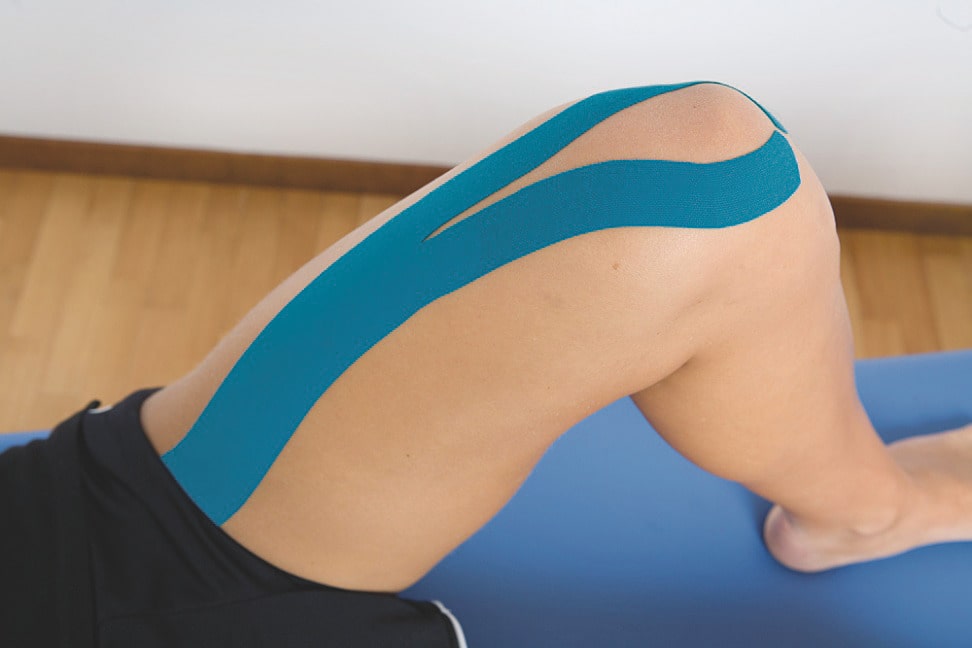Count on us to find the perfect brace or support tailored just for you
Managing an injury or seeking additional support? Our pharmacist and home healthcare specialist offer expert guidance and personalized solutions to help you find the right brace or support for your needs.
Feel free to contact us if you require a prescription or doctor’s note for insurance coverage of compression stockings, braces, supports, or other eligible items (depending on your private insurance’s extended benefits). Our team may be able to help.









Frequently Asked Questions
Got any questions? we’re here to help
What types of braces and supports are available?
There are various types of braces and supports available, including:
- Knee Braces: For knee injuries or arthritis.
- Ankle Braces: For sprains, strains, or chronic ankle instability.
- Wrist Braces: For carpal tunnel syndrome, wrist sprains, or repetitive strain injuries.
- Elbow Braces: For tennis elbow or golfer’s elbow.
- Back Supports: For lower back pain or posture correction.
- Shoulder Braces: For shoulder injuries or instability.
Do I need a prescription to buy a brace or support?
Most over-the-counter braces and supports do not require a prescription. However, specialized or custom-fitted braces may need a prescription and fitting by a healthcare professional.
When should I see a doctor about using a brace or support?
If you experience persistent pain, swelling, or discomfort while using a brace or support, or if your condition does not improve, see a doctor for further evaluation and treatment.
Is it covered by my private insurance plan?
Coverage for braces and supports varies by insurance plan. Check with your insurance provider to determine if your specific brace or support is covered. Our home healthcare specialists can also assist you with insurance inquiries and provide guidance on potential coverage
How do I choose the right brace or support?
The right brace or support depends on the specific injury or condition, the level of support needed, and your daily activities. Ask one of our home healthcare specialists for support. They can help you select the appropriate brace or support.
Can braces and supports be used for injury prevention?
Yes, braces and supports can help prevent injuries by providing stability and support to vulnerable joints and muscles, especially during physical activities or sports.
How should I wear and care for my brace or support?
Follow the manufacturer’s instructions for proper fit and usage. Most braces and supports can be hand-washed with mild soap and air-dried. Avoid using high heat, as it can damage the materials.
Can I wear a brace or support all day?
It depends on the type of brace and your specific needs. Some braces are designed for continuous use, while others should only be worn during activities. Consult with a healthcare professional or our home healthcare specialists for personalized advice.
Are there any side effects of using braces and supports?
When used correctly, braces and supports are generally safe. However, improper use can lead to discomfort, skin irritation, or dependence on the brace for support. Ensure proper fit and follow usage guidelines.
How do I know if my brace or support fits correctly?
A properly fitting brace should be snug but not too tight, providing adequate support without restricting circulation. If you’re unsure about the fit, ask one of our home healthcare specialists for support and guidance.
Can children use braces and supports?
Yes, there are braces and supports specifically designed for children. Ensure you choose the appropriate size and type for the child’s age and condition. Consult with a healthcare professional for the best options.
Can children use braces and supports?
Yes, there are braces and supports specifically designed for children. Ensure you choose the appropriate size and type for the child’s age and condition. Consult with a healthcare professional for the best options.

Minor Ailment Assessment & Prescription
Minor ailments are described as health conditions that can be managed with minimal treatment and/or self-care strategies. Additional criteria include
- Usually a short-term condition
- Lab results aren’t usually required
- Low risk of treatment masking underlying conditions
- No medication or medical history red flags that could suggest a more serious condition
- Only minimal or short-term follow-up is required